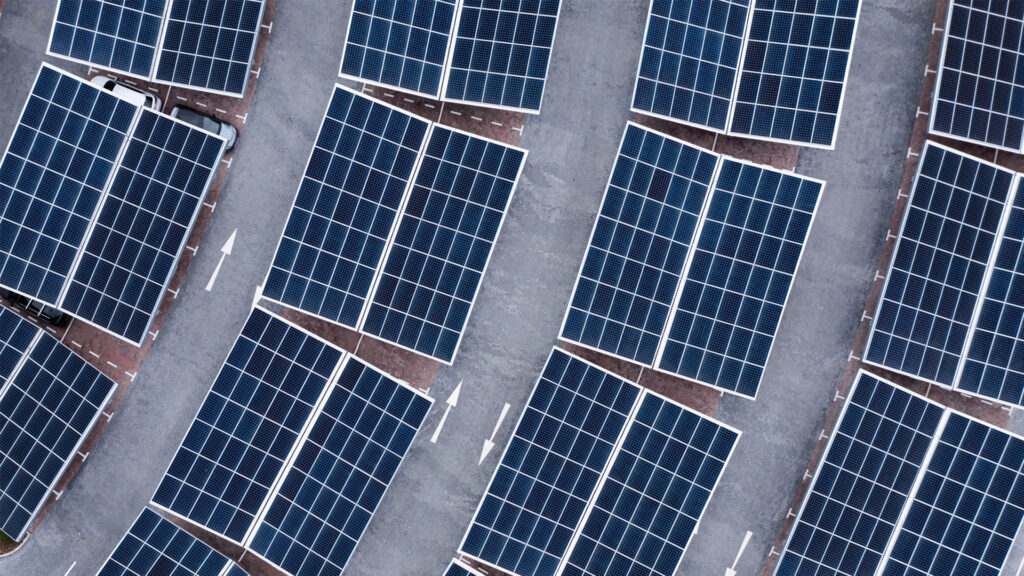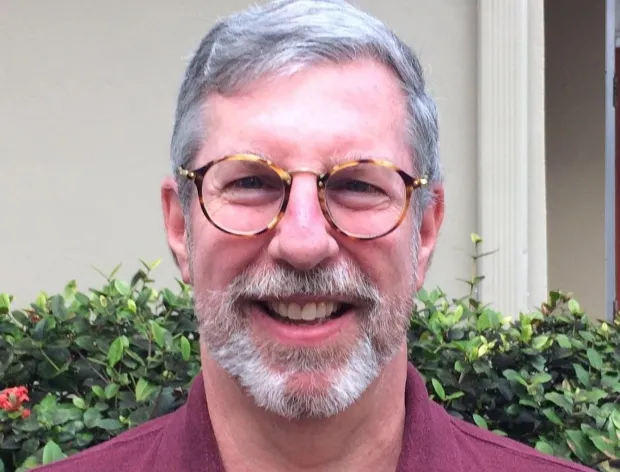By Michael Cohen, Solar United Neighbors Florida
Florida had the biggest growth of solar installations in the United States during the first half of 2023, according to the latest Solar Market Insight report. I say all solar is “good solar,” but rooftop solar is better than utility-scale solar farms. The costs of all the land, the problems with large-scale transmission and the amount of land needed to become 100% renewable are breathtaking.

Forty-seven percent of Florida’s electricity needs could be met by rooftop solar alone, according to the National Renewable Energy Lab (part of the U.S. Department of Energy). So yes, we will need solar farms but not as many as the utilities are planning.
Florida Power & Light would need to use 2% of all the land in Florida for solar farms — an amount of land bigger than Duval County — to fulfill its current plans, according to a Florida Trend article. The Orlando Utilities Commission plans to use land equivalent to 69% of the city of Orlando.
This land costs a lot of money. “Finding large tracts of land at a cost-effective price is the biggest challenge,” TECO spokesperson Cheri Jacobs told Florida Trend. FPL recently spent $348.5 million on 40,000 acres for solar. That money, which will be paid by utility customers, could be used to lease rooftops from the utility’s customers, saving money for everyone.
We know that transmission lines get knocked down in hurricanes. Fires in Hawaii and California were probably caused by windblown transmission lines. These transmission lines also lose about 5% of the power that they transmit. Rooftop solar is generated in the neighborhood that uses the power, minimizing the need for transmission towers and saving the lost power and the cost of the land.

Florida solar farms have a cloud problem. A cloud’s shadow can reduce production at a large solar farm. Rooftop solar is distributed so that clouds in Conway cut production but it might still be sunny in Pine Hills or Dr. Phillips, where lots of rooftop energy would be produced.
Dr. James Fenton, director of the Florida Solar Energy Center, told the Florida Public Service Commission that rooftop solar is cheaper than utility-scale solar primarily because of the costs associated with transmission.
We need to get our electricity locally. Besides homes, schools, big box stores, strip centers, multi-family rentals and parking lots can be locations for solar. I recognize that not everyone can afford rooftop solar but if the utilities change their business model to lease roofs and site batteries in homes, businesses and neighborhoods, power outages would only affect those at the center of a storm and electricity costs would probably be less.
Michael Cohen of Orlando is the co-founder of Solar United Neighbors Florida. This opinion piece was originally published by the Orlando Sentinel, which is a media partner of The Invading Sea.
If you are interested in submitting an opinion piece to The Invading Sea, email Editor Nathan Crabbe at nc*****@*au.edu. Sign up for The Invading Sea newsletter by visiting here.



